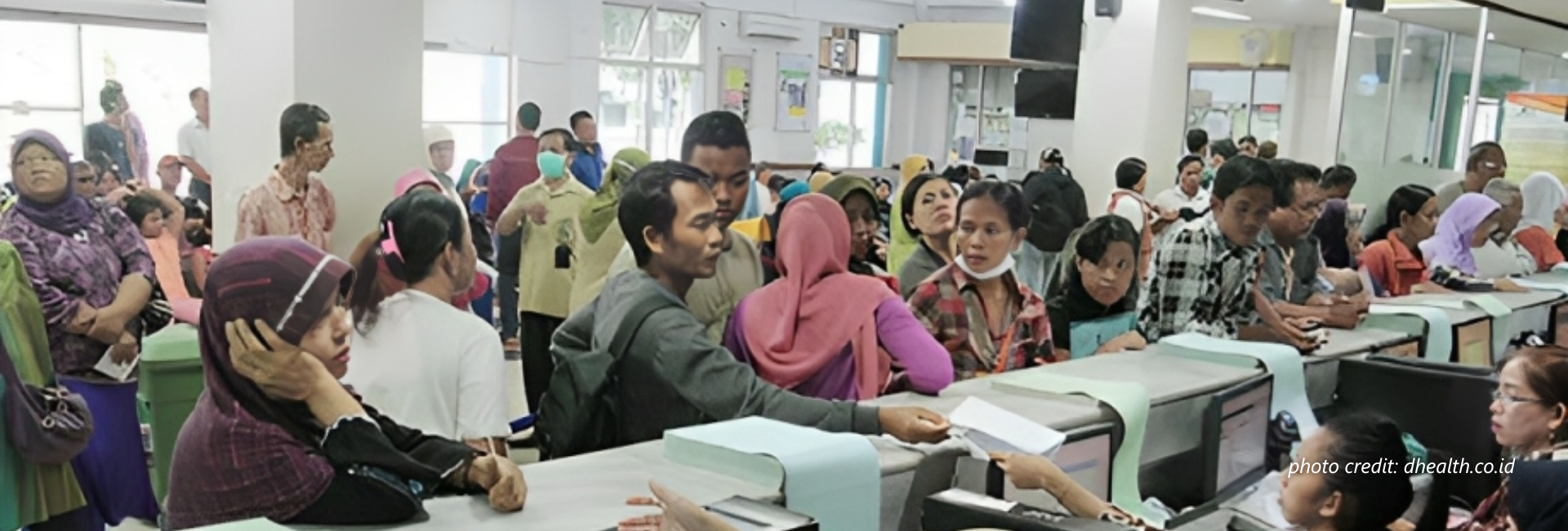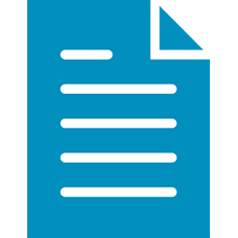Governments around the world have strived to ensure fair access to quality healthcare by reforming health financing and expanding coverage. Despite broad agreement on universal health coverage (UHC), translating it into effective reforms takes time and effort. Complex interactions among stakeholders, influenced by varying power dynamics and economic factors, can hinder reform.
The COVID-19 pandemic prompts a reconsideration of health system directions. Past crises, such as in Argentina, Turkey, Thailand, and South Korea, led to policies expanding coverage and improving population health. Theoretical perspectives underscore the necessity of aligning specific policies with political approaches for reform.
Understanding political and economic dynamics that drove change post-crisis, particularly in Southeast Asia, informs strategies for UHC progress. Indonesia’s health financing transformation, anchored by the 2014 National Health Insurance (JKN) reform, emphasizes rebalancing towards primary health care. Incorporating a political economy perspective aids reform implementation by navigating stakeholder interests.
The success of JKN serves as a valuable source of knowledge, offering insights into stakeholder roles and strategies for securing political support, which can benefit current leaders. Analyzing compromises resulting from political dynamics and their consequences plays a crucial role in shaping the strategy.
In this project, SMERU analyzes stakeholder interactions, power dynamics, and institutional processes drawn from the 2014 JKN reform to gain insight into strategies and compromises to support current reform goal of prioritizing primary care expenditure.
This project seeks to provide the World Health Organization and the Indonesian Ministry of Health with a comprehensive analysis of the political and economic drivers behind health financing reforms in Indonesia.
The project centers on strengthening primary care within the ongoing reform agenda, promoting coordination and engagement with various sectors. Key areas such as public financial management and strategic purchasing affect stakeholders within and outside the healthcare sector.
This project employs a qualitative approach consisting of literature reviews and key informant interviews. The research team interviews representatives of six main stakeholder groups believed to influence health reform:
- interest group politics
- bureaucratic politics
- budget politics
- leadership politics
- beneficiary politics
- external actor politics
The research team also develops event timelines and stakeholder maps to summarize the research findings. The timeline highlights key events that led to the critical decisions in Indonesia’s health financing reform, while the stakeholder mapping depicts the contestation of power and resources, relations, and interests among stakeholders.




